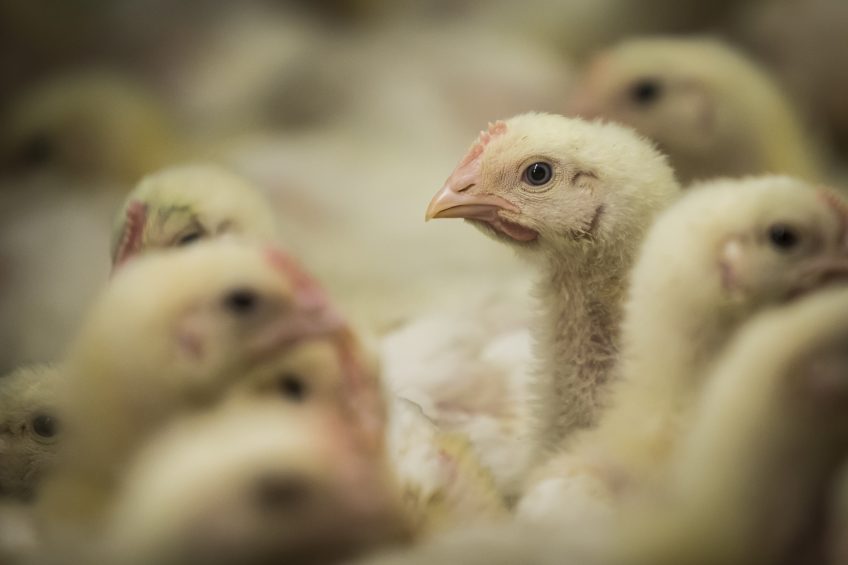Poultry companies dealing with Hurricane Florence

Poultry companies have urged producers to baton down the hatches in the wake of the likely effects of Hurricane Florence that swept in to eastern seaboard states at the weekend.
Delmarva Poultry Industry Inc advised growers to prepare for the possibility of heavy rain and damaging winds.
Among the advice given to producers is to:
• Check the operating condition of backup generators ensuring there is adequate fuel and filters for several days of operation
• Ensure there is adequate propane gas on the farm
• Check feed inventory and notify the company is there is a need for more feed before the next normal delivery
• Make sure phones are fully charged and have rechargeable battery packs to hand
• Check the security of roofing materials, chicken house siding and windows and doors. Corners and edges of buildings are particularly vulnerable
• Be sure drainage ditches are free of debris and are adequate to move large volumes of water away from poultry houses
• Be prepared to keep birds longer than normal in case processing plants are affected
• If there is no electricity monitor house conditions more frequently and make adjustments as necessary
Poultry is the top agricultural industry in North Carolina and the state ranks in total turkey production. Butterball, the country’s largest producer of turkey products, is based in Garner, North Carolina, and said in a statement that it was making preparations to deal with the storm.
“We are working to ensure the safety of turkeys, and our feed mills have been running over the weekend to ensure there is sufficient feed in storage.”
The last major hurricane to cause devastating impact in the area was Hurricane Matthew in 2016 which killed 200,000 birds.
Hurricane Fran resulted in the loss of about 300,000 chickens and turkeys in September 1996.













